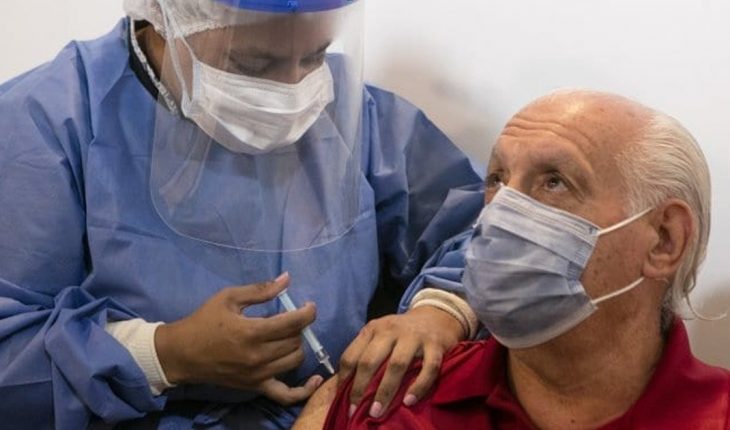Although the COVID-19 vaccine represents a measure to combat the pandemic, 12%, on average the population of Argentina, Brazil, Colombia and Mexico, admits not to want to be vaccinated, reveals the latest study of the COVID-19 Barometer, a global study that tracks people’s attitudes, behaviors and expectations in 21 markets. Instead, the rest of the population is looking forward to the vaccine. For example, 86% of Brazilians say they are sure to get vaccinated, as are 83% of Mexicans, 80% of Colombians and 72% of Argentines. Globally, young people are the least committed to this issue, while over-65s are the most positive and many of them have even done so. According to the COVID-19 Barometer study, conducted by Kantar, a leading agency in consulting and insights, 81% in Latin America intend to get vaccinated and from this group of people, 24% want to learn more before deciding. On the other hand, Latin Americans who do not wish to be vaccinated found that 19% do not trust vaccine manufacturers, while 21% believe that the vaccine will not be effective in ending COVID-19 and 34% do not feel safe when vaccinated. Although a large part of the population in Latin America is determined to receive the vaccine and is aware that it is the only way to reduce contagion and deaths, the distribution of vaccines remains uneven across countries. According to the COVID-19 Barometer, it mentions that 12% of Latin Americans have access to the vaccine, while 27% believe they will be vaccinated within three months and only 18% believe it will be after one to two years. Among the countries of the region, 38% of Mexicans see the vaccination period the longest.” Vaccination is critical to combating COVID-19 and restoring confidence for people to interact with each other. In addition, it will allow more people to travel again and reactivate connectivity between countries. However, it will take considerable time to vaccinate the entire population and have a significant effect, for example: 32% of Latin Americans think they will do so within a year,” said Ana Valdespino, Marketing Director LATAM in Kantar.A new normal for tourism: the health passport
In the current landscape, the recovery of travellers is an important issue for the tourism industry, and although its restoration is slow, according to the Connecting with Travellers study, conducted by Kantar in eight global markets – the United States, the United Kingdom, France, Germany, India, Singapore, mainland China and Brazil – 74% have plans to travel next year to domestic destinations, either personally or businessly. Of this percentage, more than half (52%) are expected to 13 (32%) plan by air. Good news for airlines is that 45% of vacationers plan to take a flight, combining domestic and international travel, which means that in total, 3 out of 10 people plan to fly at least once in the next twelve months, a fact that contrasts with 57% in 2019.Another positive outlook is hotel bookings, as 40% of domestic travelers and 49% of international travelers plan a hotel stay. Nearly a third of vacationers plan to stay with family/friends, while approximately 80% plan rental accommodation. One finding to highlight is in terms of business travel, for example: in a pre-pandemic scenario, one in three people reported traveling for work. However, 41% of business travelers have travelled since March 2020, while 46% plan a business trip in the next six months. 45% of business travelers expect to have a domestic flight next year, as does a car ride, with the French and Americans at the forefront in the latter area, while 22% expect to have an international flight. Getting vaccinated to prevent other diseases before travel is common, in addition to being necessary to ensure public health and help people stay healthy during and after their travels, with the advent of COVID-19; the vaccination passport becomes more important, 70% support this passport for international travel this year. If we speak by country, for example: in India, China and Brazil, 80% are in favour, as are 70% in Singapore and the United Kingdom, while for the United States, Germany and France there is more resistance to the requisition of this document. Kantar’s COVID-19 Barometer captures the opinion of more than 11,000 interviews in 21 countries about feelings, concerns, attitudes and behaviors of purchasing, media consumption, expectations regarding companies and brands and learnings from other countries.
translated from Spanish: Covid-19: 72% of Argentines want to get the vaccine
May 28, 2021 |





